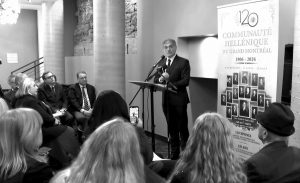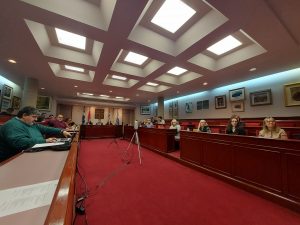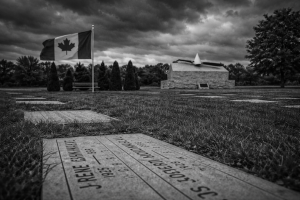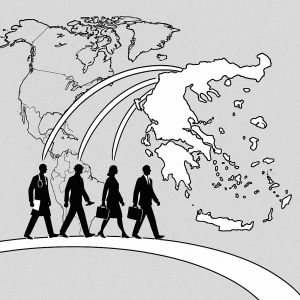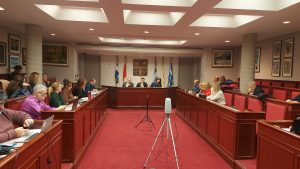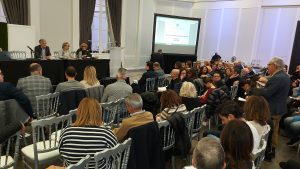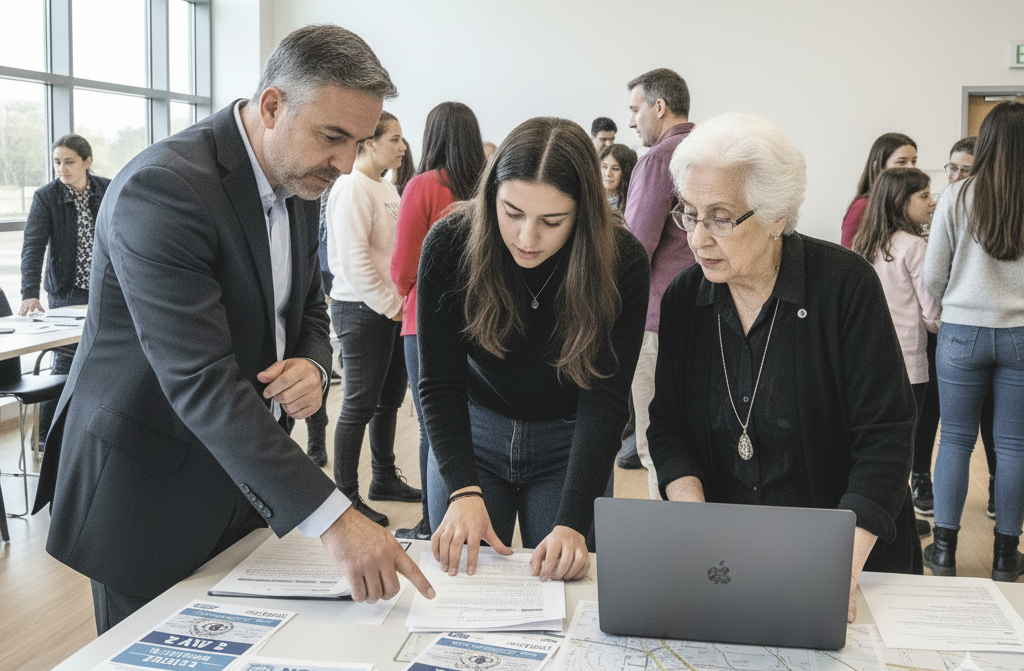
As municipal elections approach on November 2 2025, the Hellenic Congress of Quebec (HCQ) has released a press statement outlining its priorities for candidates in Montreal, Laval, the South Shore, and nearby municipalities. The organization urges local leaders to focus on public safety, affordable housing, economic resilience, and sustainable urban development, describing these as key pillars for building inclusive and livable communities.
Founded in 1980, the HCQ is a non-partisan umbrella organization representing the province’s Hellenic community. It works with civic and government institutions to promote participation, equality, and cultural integration across Quebec. The Congress has long positioned itself as a bridge between generations of Greek Quebecers and the broader society, emphasizing contribution over identity politics.
Public safety is at the forefront of its concerns. The HCQ calls for stronger cooperation between local police and community organizations, along with a more visible law enforcement presence in areas affected by crime. It highlights the rising threat of scams targeting seniors and urges municipalities to sponsor information sessions to help older citizens identify and report fraud. These measures, it says, would improve safety and reinforce trust within neighborhoods.
Environmental care is another major point. The HCQ links clean, well-maintained public spaces with quality of life, arguing that regular waste collection, reliable road maintenance, and access to green areas benefit both health and civic pride. It also calls for better public transportation and responsible urban planning that support mobility while protecting the environment. For many Montreal families of Greek descent who have settled in suburban neighborhoods, such policies represent the kind of practical improvements that directly affect everyday living.
Economic development is central to the organization’s platform. The HCQ points to the financial pressures on small and medium-sized businesses, citing high commercial taxes and complex licensing systems as barriers to growth. It recommends easing tax burdens and simplifying municipal permits while encouraging investment in sectors like technology, healthcare, and advanced manufacturing. The goal, it says, is to create a business environment where entrepreneurship can thrive and local jobs can be sustained.
Housing affordability remains one of Quebec’s most urgent challenges. The HCQ urges municipalities to accelerate housing development by reducing administrative delays and updating zoning regulations. It encourages partnerships with both private and non-profit developers to ensure that affordable units are integrated into new projects. For younger generations of Greek Montrealers seeking to build their lives in the same communities where their parents and grandparents settled, stable housing is seen as essential to maintaining cultural and social continuity.
The organization also emphasizes the importance of accessible housing and services for seniors. It supports municipal incentives for new senior residences and advocates for designs that integrate healthcare, transportation, and cultural activities. The HCQ believes such facilities should reflect the diversity of local populations, allowing older residents to live independently while remaining connected to their familiar community networks.
Recreation and youth engagement complete the HCQ’s vision of inclusive cities. The organization calls for investment in public parks, sports complexes, and community centers that are accessible and well equipped. It also encourages municipalities to expand youth programs that promote participation, physical activity, and leadership. These initiatives, the HCQ argues, foster healthier and more cohesive neighborhoods.
Throughout its recommendations, the HCQ speaks not only for one cultural group but as a civic partner invested in the shared future of Quebec’s cities. It envisions municipalities that balance safety, opportunity, and inclusion while preserving the distinct social fabric that defines Montreal’s multicultural identity.
In its closing appeal, the Hellenic Congress of Quebec invites all municipal candidates to consider these priorities in their platforms, stressing that effective leadership must build cities where every generation has the chance to live securely, prosper, and belong.
Municipal Position Paper

